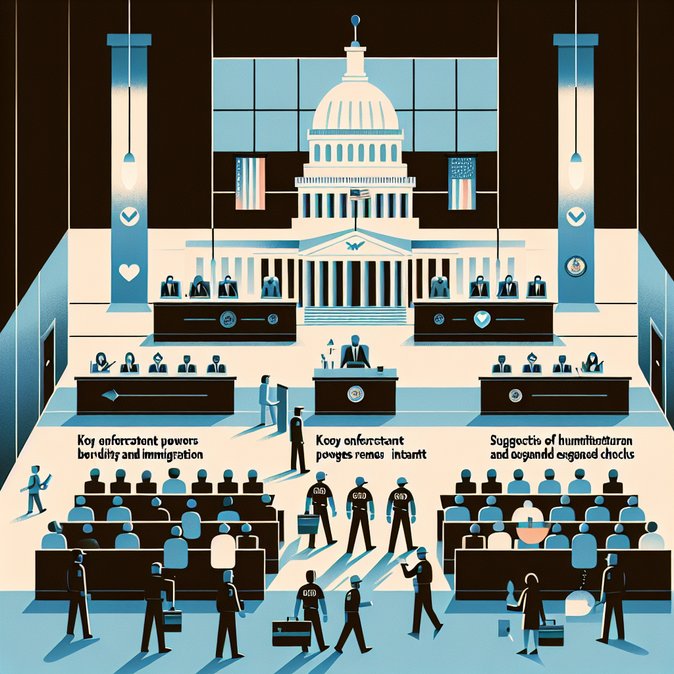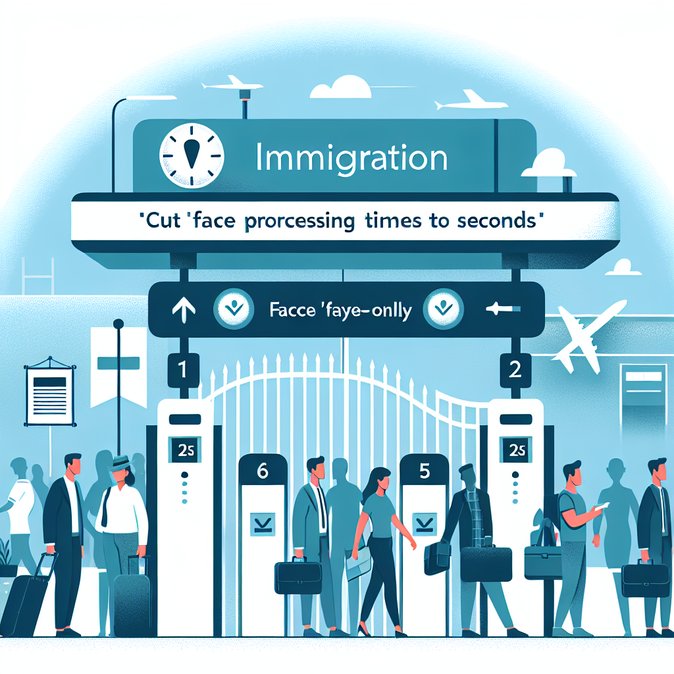
Peers concluded the fourth and final day of report-stage scrutiny of the Border Security, Asylum and Immigration Bill on 11 November, with the official summary published on 12 November. The wide-ranging legislation would give the Home Office new tools to combat organised immigration crime, streamline asylum processing and codify powers to refuse protection claims from people deemed to have entered illegally.
Amendments seeking fast-track deportations, blanket detention powers and the exclusion of judicial review were defeated in six divisions, signalling cross-bench unease with some of the Bill’s harsher measures. However, attempts to create humanitarian travel permits and additional safeguards for modern-slavery victims also failed, meaning the government’s core proposals remain intact.
![Border Security, Asylum and Immigration Bill clears Lords report stage]()
Business audiences should pay close attention to the clauses that empower the Home Secretary to introduce ‘Nightingale’ processing centres and to expand data-sharing across government. If enacted, the provisions could materially shorten asylum timelines—reducing public-spending pressure—while freeing up Border Force capacity currently diverted from work-visa casework.
The Bill now moves to third reading in the Lords on 17 November before returning to the Commons for final agreement. Companies that provide relocation services or employ refugees under the Skilled Worker concession should monitor statutory-instrument consultations that will follow royal assent.
Legal advisers note that judicial-review restrictions, if re-inserted by MPs, could limit litigation risk for employers sponsoring workers whose asylum claims have failed, but may also raise compliance and reputational issues.
Amendments seeking fast-track deportations, blanket detention powers and the exclusion of judicial review were defeated in six divisions, signalling cross-bench unease with some of the Bill’s harsher measures. However, attempts to create humanitarian travel permits and additional safeguards for modern-slavery victims also failed, meaning the government’s core proposals remain intact.

Business audiences should pay close attention to the clauses that empower the Home Secretary to introduce ‘Nightingale’ processing centres and to expand data-sharing across government. If enacted, the provisions could materially shorten asylum timelines—reducing public-spending pressure—while freeing up Border Force capacity currently diverted from work-visa casework.
The Bill now moves to third reading in the Lords on 17 November before returning to the Commons for final agreement. Companies that provide relocation services or employ refugees under the Skilled Worker concession should monitor statutory-instrument consultations that will follow royal assent.
Legal advisers note that judicial-review restrictions, if re-inserted by MPs, could limit litigation risk for employers sponsoring workers whose asylum claims have failed, but may also raise compliance and reputational issues.


